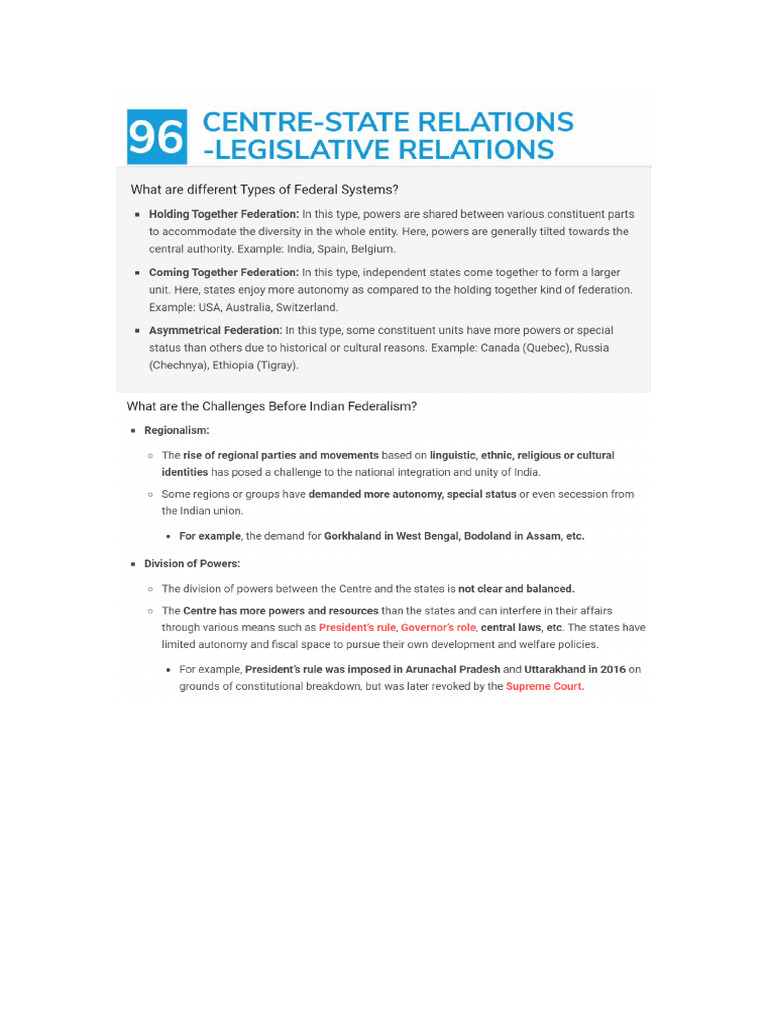In contemplating the intricate tapestry of Bahá’í teachings, one encounters the luminous concept of federalism not merely as a political structure but as a profound guiding principle for global governance. The Bahá’í Faith, with its singular emphasis on unity and collective advancement, provides an exceptional lens through which to view the architecture of a harmonious world. This exploration invites us to perceive federalism as an evolving paradigm that transcends mundane governance, infusing it with spiritual vitality.
Federalism, at its core, embodies a delicate equilibrium between local autonomy and central authority. It evokes the metaphor of an orchestra, where each instrument plays its unique melody yet harmonizes to create a symphonic masterpiece. In the same vein, the Bahá’í teachings advocate for the establishment of a global governing body that respects the distinctiveness of diverse cultures and communities while orchestrating efforts towards collective well-being.
The principles of Bahá’í belief advocate for the oneness of humanity, transcending the barriers of nationalism and ethnicity. This universality is akin to viewing the world as one large city, where neighborhoods possess their individuality but thrive on mutual cooperation. The articulation of federalism in this context emerges as not only relevant but essential. It fosters an environment where local communities are not just satellite entities but integral components of a larger whole, each contributing to the global dialogue.
Adopting federalism globally necessitates a profound rethinking of political engagement. The Bahá’í teachings elucidate the necessity of democratic participation as a vehicle for public discourse. Just as a tree flourishes with a strong root system, so too does a federal structure require robust participation from its constituents. The Bahá’í principle of consultation mirrors this idea. Through shared dialogue, communities can express their unique needs, desires, and aspirations, fostering an atmosphere of transparency and trust within larger governing frameworks.
Moreover, a federated world imbued with Bahá’í ideals would emphasize the cultivation of justice, a cornerstone of the Faith. An equitable application of laws across diverse jurisdictions can alleviate the disparities that often arise in rigid, centralized systems. In this light, justice serves as the adhesive that binds individual states to the collective whole, ensuring that no community is left marginalized in the shadows of governance.
Interdependence emerges as a crucial theme within the Bahá’í framework, reinforcing the concept that the wellbeing of one impacts the wellbeing of all. Analogous to how the threads of a woven tapestry interlace to create a cohesive design, the diverse fabric of humanity must remain interconnected through federalism. This interdependence necessitates a global consciousness that is often stifled by entrenched loyalties to national identities. The Bahá’í approach posits that the pursuit of individual and collective prosperity must be simultaneously upheld, fostering a transcendent allegiance to the larger human family.
Education, in this vision, becomes the beacon of enlightenment and empowerment, illuminating paths toward participation in global governance. The Bahá’í teachings espouse a robust educational framework that emphasizes not only academic attainment but also moral and spiritual development. A well-informed populace is imperative for the effective functioning of any federal system. Just as a gardener nurtures each plant in their care, so too must society cultivate a citizenry versed in the principles of justice, equity, and consultation. This nurtured citizenry becomes the very lifeblood of a federated world, ready to tackle the multifaceted challenges that beset our global community.
As we navigate the complexities of modern governance, the Bahá’í principles urge us to consider the vital role of spirituality in shaping federal structures. The harmonious intermingling of governance with ethical imperatives underscores the transformative potential of federalism when infused with virtuous intent. By establishing a foundational belief in the sanctity of human life, advocacy for peace becomes less a matter of policy and more an embodiment of collective consciousness.
As we envision this new paradigm of a federated world underpinned by Bahá’í teachings, we encounter challenges, much like the turbulence faced by an artist mastering intricate brush strokes on a canvas. Grievances rooted in historical injustices may surface, demanding an earnest and empathetic approach to rectification. However, resilience lies within the Bahá’í commitment to the principles of forgiveness and reconciliation. This ennobling resolve can aid in permeating the fissures that divide communities, forging a pathway toward unity through concerted effort.
Ultimately, the aspirational nature of Bahá’í teachings invites us to redefine federalism not as a static construct but as a dynamic process imbued with purpose. The orchestration of a symphony where every note resonates with intentionality can only manifest with collective intention and unwavering commitment to the principles of equity and justice. Thus, as we embark on this transformative journey of applying Bahá’í teachings to global federalism, we illuminate the way towards a more harmonious existence, where the collective song of humanity reverberates across the globe, echoing the timeless call for unity in diversity.
In conclusion, the intricate interplay between federalism and Bahá’í teachings serves as a guiding light for the evolution of global governance. The vision of a federated world rooted in unity, justice, and interdependence champions the emergence of a society where the aspirations of all can flourish harmoniously. Embracing these teachings paves the way for innovative political movements that resonate with the underlying rhythm of the human experience, ultimately leading to a more just and equitable world.
